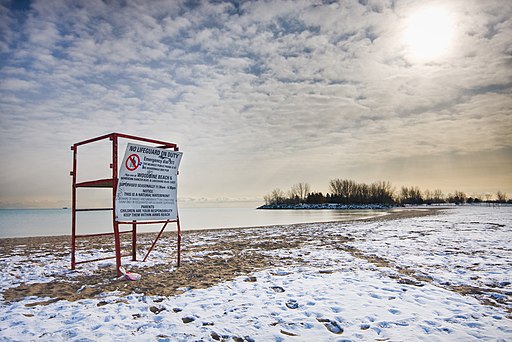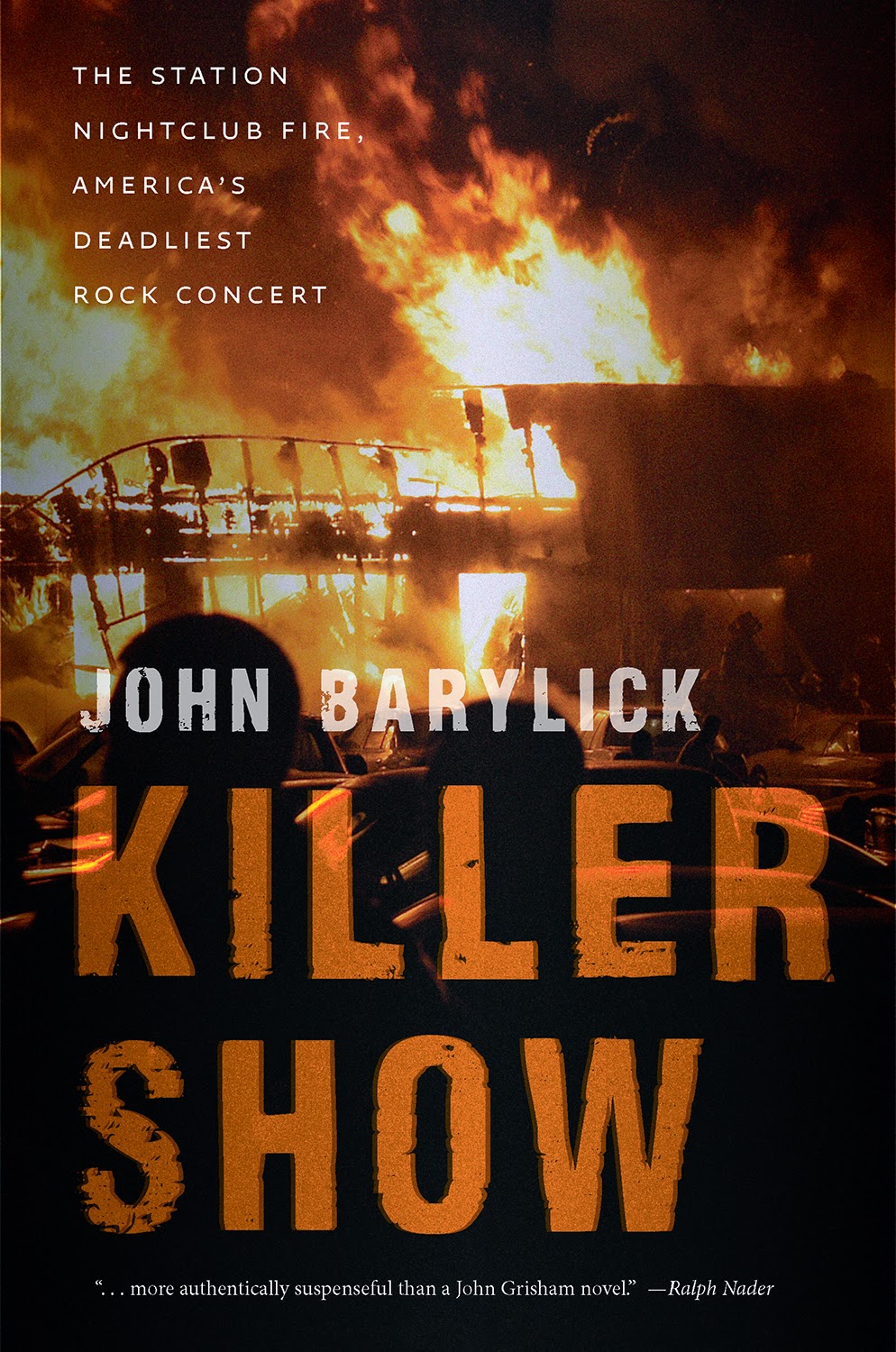 |
| Charles Wright, photo by Michell Cuevas, via uvamagazine.org |
The recent news of Charles Wright's appointment as the next U.S. Poet Laureate arrived like the low and loamy wind that moves through so much of the Virginia poet's work. That is, the news was welcome and not altogether unexpected, but no less gratifying.
Wright, author of more than two dozen collections of poems and translations and two books of essays, winner of the Pulitzer Prize and the National Book Award (among many other accolades), and a longtime professor at the University of Virginia, is celebrated as a poet with a keen sensitivity to his natural surroundings (there in Virginian Appalachia) and its ancient, sacred undercurrent.
Wright's poems have been called secular prayers. His lines are strewn with images of his close-by pastoral vantage point, are languid and sinewy, spruce-sweet and dew-laden—but not in the sentimental way you're thinking. The transport of the reader is often enough to a bone-cold solitude among the naked elements, that meeting in which Wright's truths reside.
 In an interview with NPR about his newest honor—although he admits, "I really don't know what I'm supposed to do"—Wright expands on his sources of inspiration:
In an interview with NPR about his newest honor—although he admits, "I really don't know what I'm supposed to do"—Wright expands on his sources of inspiration:It's always been the idea of landscape that's around me, that I look at; the idea of the music of language; and then the idea of God, or of that spiritual mystery that we doggedly follow, some of us, all of our days, and which we won't find answer to until it's too late—or maybe it's not too late. Maybe it's just the start, I don't know.The dogged existential pursuit, whether looking forward or behind, has been central to his poetry from early on. And in the 1983 National Book Award–winning selection of his first four collections, titled Country Music (proudly published by Wesleyan University Press, a UPNE Book Partner), quite literally are there dogs nosing through for answers, as in the poem appropriately titled "Dog":
The fantailed dog of the end, the lights out,In his foreword to the second edition of Country Music, David St. John acknowledges the meditative power of Wright's work, that it "often serves as a kind of prayer book, a kind of poetic hymnal or speculative field guide we might carry with us on our own metaphysical journeys." And indeed, he writes later, in Country Music we find "the same explosive imagery, the same dismantled and concentric (or parallel) narratives, the same resolutely spiritual concerns" that have become hallmarks of Wright's poetry ever since.
Lopes in his sleep,
The moon's moan in the glassy fields.
Everything comes to him, stone
Pad prints extending like stars, tongue black
As a flag, saliva and thread, the needle's tooth,
Everything comes to him.
If I were a wind, which I am, if I
Were smoke, which I am, if I
Were the colorless leaves, the invisible grief,
Which I am, which I am,
He'd whistle me down, and down, but not yet.
In honor of Wright's career—or, as he once told an interviewer, his "reason for living"—we're pleased to offer a 30% discount on Country Music if ordered through UPNE.com.
Incidentally, another UPNE partner press, Oberlin College Press, has published an armful of Wright's translations of Italian poets Eugenio Montale (here and here) and Dino Campana, and a book of essays about Charles Wright's work, titled High Lonesome, edited by Adam Giannelli. All these titles are 30% off, too.
At checkout, the discount will automatically be added to your purchase. Not as timeless as the poetry of Charles Wright, this special offer expires August 31, 2014.








